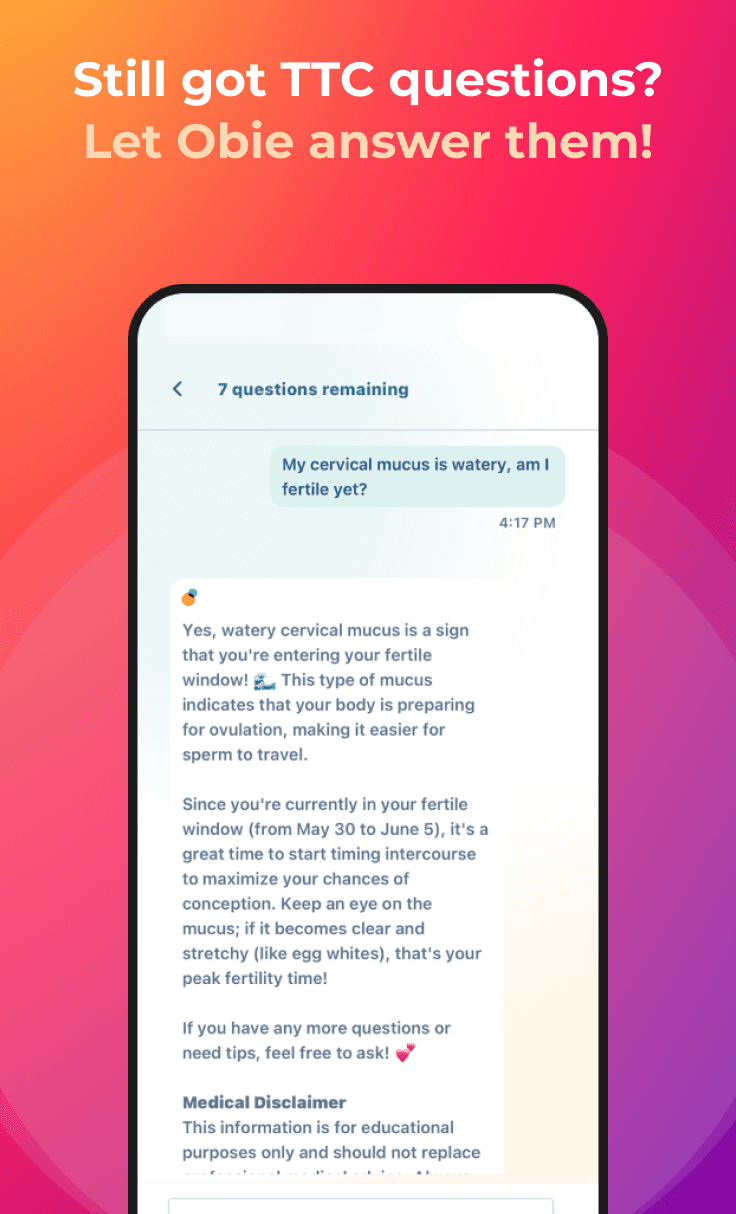Connection Between Physical Activity and Becoming Pregnant
Fertility and Infertility News
Obie Editorial Team
 While scientists know that physical activity reduces the risk of many conditions, such as heart disease, diabetes, cancer, and depression, researchers are not clear about the connection between exercise and female fertility. Many studies find female athletes suffer from disturbances in their menstrual cycles, including missed periods, increased cycle length, and changes in the various phases of the menstrual cycle. At first glance, these studies seem to suggest that exercise reduces female fertility, however, the studies never took into account the intensity of the workout and only looked at athletes who participated in high-intensity workouts.
While scientists know that physical activity reduces the risk of many conditions, such as heart disease, diabetes, cancer, and depression, researchers are not clear about the connection between exercise and female fertility. Many studies find female athletes suffer from disturbances in their menstrual cycles, including missed periods, increased cycle length, and changes in the various phases of the menstrual cycle. At first glance, these studies seem to suggest that exercise reduces female fertility, however, the studies never took into account the intensity of the workout and only looked at athletes who participated in high-intensity workouts.
Researchers used to say there was a "dose-dependent" relationship between exercise and fertility - the more a woman exercised the less likely she was to become pregnant. But while vigorous activity decreases female fertility, a recent study suggests moderate activity may actually improve a woman's chances for becoming pregnant. A cohort study published by the American Society for Reproductive Medicine in March 2012 reveals a complex association between the intensity of a woman's workouts and the amount of time it takes her to become pregnant.
Less is More... in Some Cases
This study supports the theory that vigorous exercise negatively affects fertility in athletes. Lean women can increase their chances of becoming pregnant by decreasing the intensity of workouts from high-intensity to moderate-intensity. This research does show, however, that vigorous exercise actually increases fertility in overweight and obese women, who are at special risk for infertility.
The study sheds new light on how moderate activity affects women of all shapes and sizes in their quest to become pregnant. It shows that engaging in five or more hours of moderate physical activity increases the likelihood a woman will become pregnant, regardless of her body mass index (BMI). In short, the study suggests moderate physical exercise increases female fertility for all women. High-intensity workouts might decrease fertility in athletes, but vigorous activity actually improves time to pregnancy in obese and overweight women.
Researchers are not yet certain if one type of exercise has any more effect on fertility than another. For example, scientists do not yet know if swimming is any more harmful or beneficial than running when it comes to fertility. Nevertheless, doctors can agree that women with sedentary lifestyles can improve their chances of becoming pregnant by engaging in regular, moderate exercise program.
Women struggling to become pregnant should consult with a fertility specialist to learn how to increase her chances of becoming pregnant. Women of all ages should talk with their doctors before starting any exercise routine.








